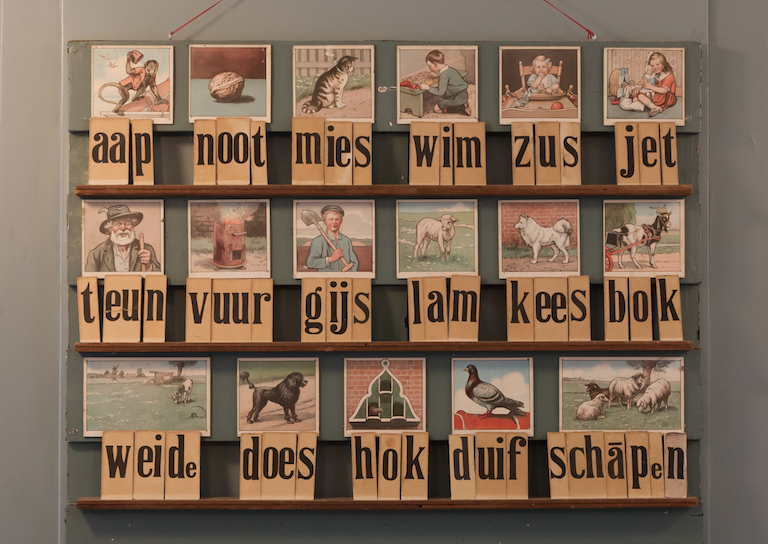Complicated integration system is failing refugees, says new report

 The current system of integration courses and lessons for refugees is so complicated that many cannot find their way and the government needs to step in, according to new research by the Verwey-Jonker institute.
The current system of integration courses and lessons for refugees is so complicated that many cannot find their way and the government needs to step in, according to new research by the Verwey-Jonker institute.
Since 2013, refugees and other newcomers are responsible for sorting out their own integration into Dutch society and have three years to pass seven exams on Dutch culture, the language and finding work.
However, of the refugees who started the process in 2013, some 40% have not yet completed the programme, the researchers say.
The institute says refugees are very willing to learn the language because they see it as key to settling into a new country. But the complicated rules, poor information and personal stresses make it difficult to comply.
‘People have no idea how to choose a language school,’ spokeswoman Merel Kahmann told current affairs show Nieuwsuur. ‘They pick a school because friends and family are there or because it is close to their home. But that is often not the best school for them.’
Contact
‘You can’t learn the language without contact, so much depends on whether or not you have contact with Dutch people,’ one man from Eritrea told the researchers. ‘If you don’t, then it takes a lot longer to learn Dutch..’
Refugees can borrow up to €10,000 to pay for the integration programme and do not have to refund the money if they pass all the exams within three years.
Refugee organisation Vluchtelingenwerk, which commissioned the report, wants social affairs minister Wouter Koolmees to change the system.
‘By taking personal circumstances into account, having a flexible approach to the time frame and making motivation rather than mistrust the primary driver of policy, the results will improve sharply,’ Vluchtelingenwerk director Dorine Manson said.
Koolmees has already said he plans to overhaul the integration system and MPs are pressing for change.
Work
Meanwhile, national statistics office CBS says just 11% of the 20,000 asylum seekers who were given refugee status in 2014 had found a job by mid 2016. Some 10% of the Syrian refugees, who made up the bulk of the new arrivals, had a job, as had just 6% of those from Eritrea. But among Afghans, although a small group, 30% were in work, the CBS said.
Of those with work, 36% were working in the hospitality industry and 24% worked through temporary employment agencies on short-term, part-time contracts, the CBS said.
Vluchtelingenwerk’s Manson said the figures are not surprising. ‘Given all the challenges they face, it is hardly surprising so few have a job after such a short period,’ she said. ‘Much of these 2.5 years are taken up with waiting in refugee centres, taking care of practical matters and following compulsory language courses,’ she said.
Thank you for donating to DutchNews.nl.
We could not provide the Dutch News service, and keep it free of charge, without the generous support of our readers. Your donations allow us to report on issues you tell us matter, and provide you with a summary of the most important Dutch news each day.
Make a donation